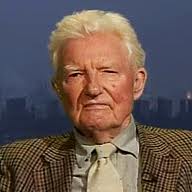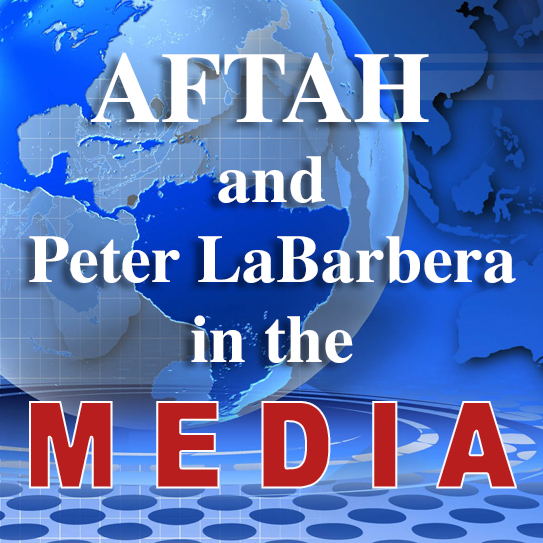What began in the name of compassion escalated into “powerful, clamoring, vengeful and vindictive” aberrant-sex lobby
The following is an excerpt from The Quest for God: A Personal Pilgrimage, by Paul Johnson (pages 28-29). I must ask my fellow Americans: does this sound familiar?
Note: emphasis is added, and for readability I have also broken in half the paragraph beginning, “I believe….”–Peter LaBarbera, AFTAH; @PeterLaBarbera
After a section in which Johnson discusses radical, worldly movements – race, sexual, environment and health politics — that collectively present an alternative to God and traditional religion:
“The radical agenda …with its strong appeal to the idealistic, as well as the materialistic, instincts of mankind, especially among young people, does constitute an alternative religion. Like any other form of humanism, it replaces God by man, and the welfare – or supposed welfare – of man, rather than the worship of God and obedience to his commandments, as the object of human existence and the purpose of society. That, of course, is its defect. The Jesuit theologian Karl Rahner once argued that it is the consciousness of God, the acceptance that there is power outside and above ourselves, to whom we owe allegiance and whose guidance we must follow, which essentially distinguishes mankind from other creatures. If belief in God were ever to fade completely from the human mind, we would not, Promethean-like, become masters of our fate; on the contrary, we would descend to the status of very clever animals, and our ultimate destiny would be too horrible to contemplate.
I believe this argument to be profoundly true, and corroborated by history, and what worries me about the new radical agenda is the danger that it will dehumanise man just as the totalitarian alternatives did, though no doubt in rather different ways. But there are further, related objections. All the items on the agenda lend themselves to extremism. Take, for instance, the issue of homosexuality, an important part of the sexual politics item. There were many of us, in the 1960s, who felt that there were grave practical and moral objections to the criminalisation of homosexuality, and who therefore supported, as happened in most Western countries, changes in the law which meant that certain forms of homosexual behavior ceased to be unlawful. Homosexuality itself was still to be publicly regarded by society, let alone by the churches, as a great moral evil, but men who engaged in it, within strictly defined limits, would no longer be sent to prison. We believed this change to be the maximum homosexuals deserved or could reasonably expect.
We were proved totally mistaken. Decriminalisation made it possible for homosexuals to organise openly into a powerful lobby, and it thus became a mere platform from which further demands were launched. Next followed demands for equality, in which homosexuality was officially placed on the same moral level as standard forms of sexuality, and dismissal of identified homosexuals from sensitive positions, for instance in schools, children’s homes, etc., became progressively more difficult. This was followed in turn by demands not merely for equality but privilege: the appointment, for instance, of homosexual quotas in local government, the excision from school textbooks and curricula, and university courses, passages or books or authors they found objectionable, special rights to proselytise, and not least the privilege of special programmes to put forward their views – including the elimination of the remaining legal constraints – on radio and television. Thus we began by attempting to right what was felt an ancient injustice and we ended up with a monster in our midst, powerful and clamouring, flexing its muscles, threatening, vengeful and vindictive towards anyone who challenges its outrageous claims, and bent on making fundamental – and to most of us horrifying – changes to civilised patterns of sexual behavior.
Here indeed we have sexual politics in action. And, as with other alternatives to God, the result is not human happiness, but human misery. The homosexual community, as they now styled themselves, by their reckless promiscuity during the 1970s and 1980s, helped to spread among their members the fearful scourge of AIDS, a killer disease of a peculiarly horrible nature, for which there is no cure, and no immediate likelihood of a cure….












